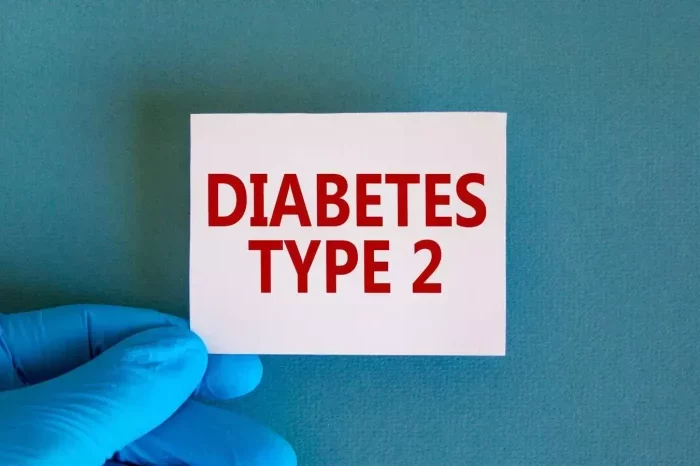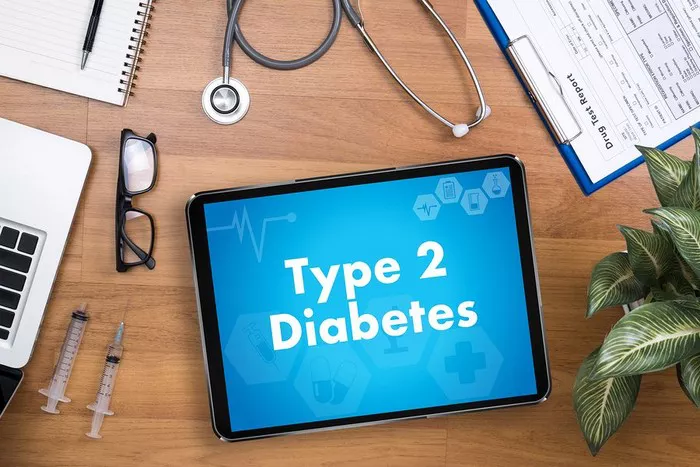A recent study published in the New England Journal of Medicine reveals promising long-term outcomes for adolescents who underwent bariatric surgery, highlighting its effectiveness in combating obesity and related health conditions. A decade after the surgery, more than 50% of participants maintained significant weight loss and experienced substantial health improvements, including remission of type 2 diabetes.
Long-Term Benefits of Bariatric Surgery in Adolescents
The study analyzed data from the Teen-LABS (Teen Longitudinal Assessment of Bariatric Surgery) project, which tracked outcomes of 260 adolescents aged 13 to 19 who had bariatric surgery. Lead author Dr. Justin Ryder, Vice Chair of Research at Lurie Children’s Hospital, emphasized that this study represents the longest follow-up of its kind, confirming the surgery’s safety and effectiveness as a long-term strategy for obesity management.
Participants showed an average 20% reduction in body mass index (BMI) over ten years, with notable improvements in obesity-related conditions such as type 2 diabetes, high blood pressure, and high cholesterol. Notably, 55% of those who had type 2 diabetes prior to surgery remained in remission a decade later.
Despite these encouraging results, bariatric surgery remains underutilized among adolescents, with only one in 2,500 severely obese teens undergoing the procedure. Current estimates suggest that nearly five million adolescents in the U.S. qualify for effective weight loss treatments, including bariatric surgery, according to existing guidelines.
Personal Triumphs and the Importance of Early Intervention
Personal stories from participants underscore the transformative impact of bariatric surgery. Hillary Fisher, who underwent the procedure at 16, shared her struggles with weight-related health issues and bullying. After her surgery, she lost 100 pounds and experienced a significant boost in her health and self-esteem. “It changed my life,” Fisher reflected, adding that she would choose the surgery again without hesitation.
Dr. Ryder pointed out that the long-term success of bariatric surgery in adolescents is notably higher compared to adults. Research indicates that diabetes remission rates for adults post-surgery range from only 12% to 18% seven to 12 years after the procedure, illustrating the critical need for early intervention in treating obesity.
Conclusion
The findings from this study reinforce the potential of bariatric surgery as a viable and effective treatment option for adolescents struggling with obesity. With significant health improvements and sustained weight loss, it is crucial to continue educating both medical professionals and the public about the benefits of this surgery. As Dr. Thomas Inge, Principal Investigator of the Teen-LABS study, stated, the durability of health condition remission in adolescents surpasses that of adults, emphasizing the importance of addressing obesity in younger populations.
As the conversation around adolescent obesity and its management evolves, increasing awareness and accessibility of bariatric surgery may help transform the lives of many young individuals facing this serious health challenge.
Related topics:
Just 30 Minutes of Exercise May Help Prevent Type 2 Diabetes, Study Finds



























